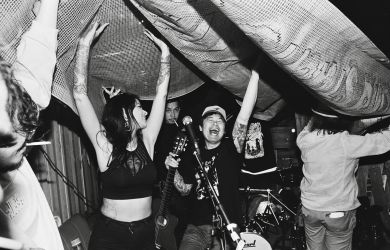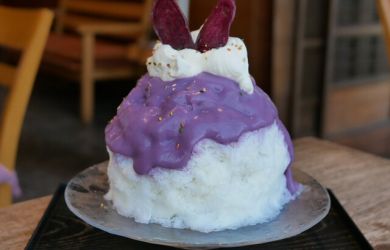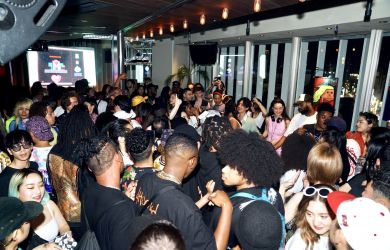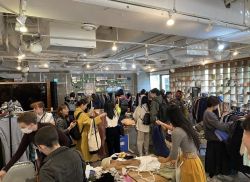
May 16, 2014
Fukushima’s Forgotten Friends
20 to 45 percent of 3.11 animals are still in rescue care
By Metropolis
Originally published on metropolis.co.jp on May 2014

Three years following the Great East Japan Earthquake, local animal rescue groups continue to care for animals that were displaced in the Tohoku region. During the actual quake and tsunami, an estimated 11,000 dogs and even more cats were killed, and another 25,000 dogs and cats are assumed to have starved to death in the nuclear exclusion zone following the closure of that area.
Animal rescue groups all over Japan came together to help in the aftermath. An often-forgotten fact following disasters is that animals are suffering just as much as their human partners. They have been displaced from their homes and very often separated from their owners and families. Pets thrive on routine, so this traumatic change can cause extreme stress. Government agencies, veterinarians and rescue groups across the country were able to work together and provide refuge to over 12,000 dogs and cats following the disaster.
Three years later, it’s estimated that anywhere from 20 to 45 percent of the animals are still in rescue care, and the cost for taking care of an animal can range up to ¥1,000 per day. Many of the rescued animals still belong to families living in temporary housing, so they cannot be put into adoption with new families. In addition, the practice of adopting a pet rather than purchasing from a pet store is still a new concept in Japan. These factors play into the strain on many of the groups that continue to provide care at these incremental levels. As always, they depend greatly on donations to defray their expenses and keep running. Donations of just ¥100-200 per day can feed an animal and help these groups continue their hard work and dedication to making Japan a great place for animals to live and thrive.
Thank you to Angeles, ARK, Cat and Dog Rescue Party Minashigo, Dog Shelter, HEART, Inunekoningen, the Ministry of the Environment and NGO Hoshi Family Animal Welfare for their help with this story.





